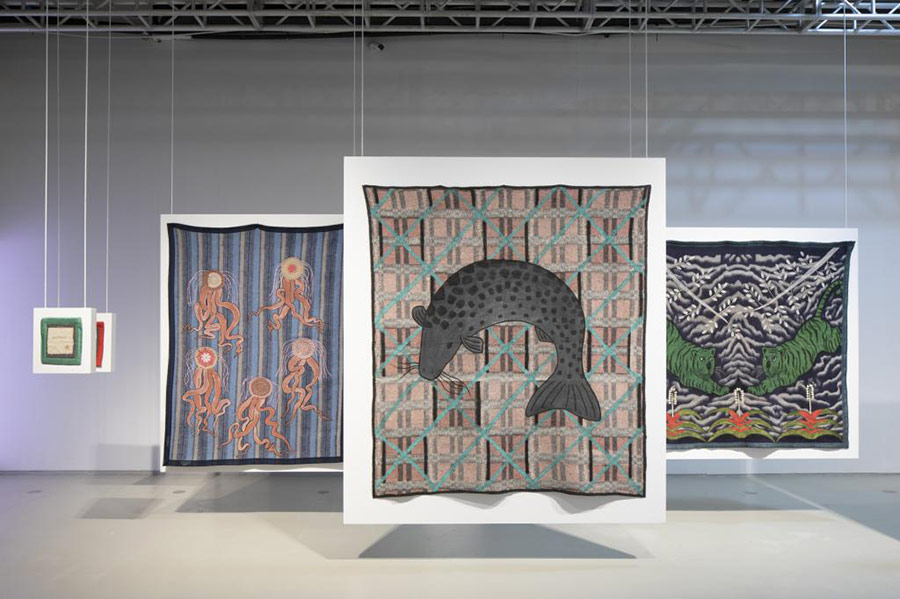

According to Gong Yan, director of PSA, when the academic committee of the institution decided after many proposals and extensive discussions, upon the theme of the 13th Shanghai Biennale, "the world was still peaceful, but soon the pandemic broke out", she recalls. At first Gong and other Chinese workers received lots of supporting and concerned messages from overseas colleagues, and gradually it became a global crisis, and the curatorial team, rising from the emotional distress, believed that "we needed to connect and come together more than ever", Gong says. More ideas emerged from this new solidarity."Water is more than just the basic ecological environment, it symbolizes the way people connect heart to heart," she says.
As a result, the pandemic enriched the content of the Shanghai Biennale and strengthened its emotional impact. "We could see at that time that it was impossible to put up an actual showcase in 2020, but still we didn't want to just call it quits." Eventually they decided to extend the event to include two long phases of "idea exchange and clashes of the mind", Gong says.
From Nov 10 to 14, A Wet-run Rehearsal, the first phase of the Shanghai Biennale took place, when artists presented their work in the forms of a performative assembly in the PSA, which was shared by networks of art spaces as well as online platforms.
From mid-November to April 16, the second phase, An Ecosystem of Alliances, was held via livestreaming, social media exposures and university programs.